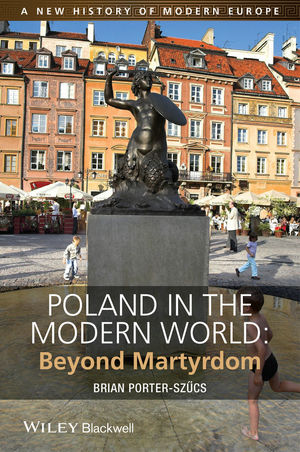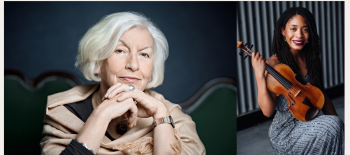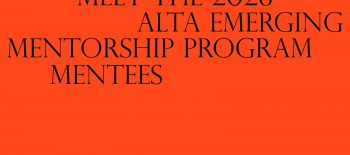Talks | Tuesday, February 27, 2024 | 5:00pm
Please RSVP here for in person event & ZOOM
Center for Russian, East European & Eurasian Studies | 4200 Wesley W. Posvar Hall | Pittsburgh, PA 15260
The history of Poland seems to be one of ancient glory and tolerance, lost uprisings, and an endless struggle for independence. Based on his scholarly work, Brian Porter-Szücs questions this very narrative, discussing new approaches, and how they have changed our idea of Polish history.
Poland in the Modern World presents a history of the country from the late nineteenth century to the present, incorporating new perspectives from social and cultural history and positioning it in a broad global context.
- Challenges traditional accounts Poland that tends to focus on national, political history, emphasizing the country’s ‘exceptionalism’.
- Presents a lively, multi-dimensional story, balancing coverage of high politics with discussion of social, cultural and economic changes, and their effects on individuals’ daily lives.
- Explores both the regional diversity within Poland and the country’s place within Europe and the wider world.
- Provides a new interpretive framework for understanding key historical events in Poland’s modern history, including the experiences of World War II and the postwar communist era.

TABLE OF CONTENTS
List of Figures vi
Acknowledgments ix
Pronunciation Guide x
Introduction 1
1 Poles without Poland, 1795–1918 6
2 The Political Landscape at the Start of the 20th Century 43
3 Nation and/or Revolution, 1914–22 65
4 The Ambivalence of Democracy and Authority, 1922–39 90
5 Hyperinflation and Depression: The Interwar Period 105
6 Jews, Ukrainians, and Other Poles in the Interwar Period 126
7 World War II, 1939–45 144
8 Conquest or Revolution? 1945–56 186
9 The Year 1956 and the Rise of National Communism 231
10 Communism and Consumerism 258
11 The End of the PRL, 1976–89 285
12 Shock Therapy 328
13 Politics in the Third Republic 348
Index 367

Brian Porter-Szücs is Professor of History at the University of Michigan, where he has taught since 1994. He is the author of Faith and Fatherland: Catholicism, Modernity, and Poland (2011) and When Nationalism Began to Hate: Imagining Modern Politics in Nineteenth-Century Poland (2000). He is also the co-editor, with Bruce Berglund, of Christianity and Modernity in Eastern Europe (2010).
Co-sponsored by the European Studies Center, the History Department, the Polish Cultural Council of Pittsburgh, the Polish Cultural Institute New York, the Polish Studies Association, and the Centre for Russian, East European and Eurasian Studies.



